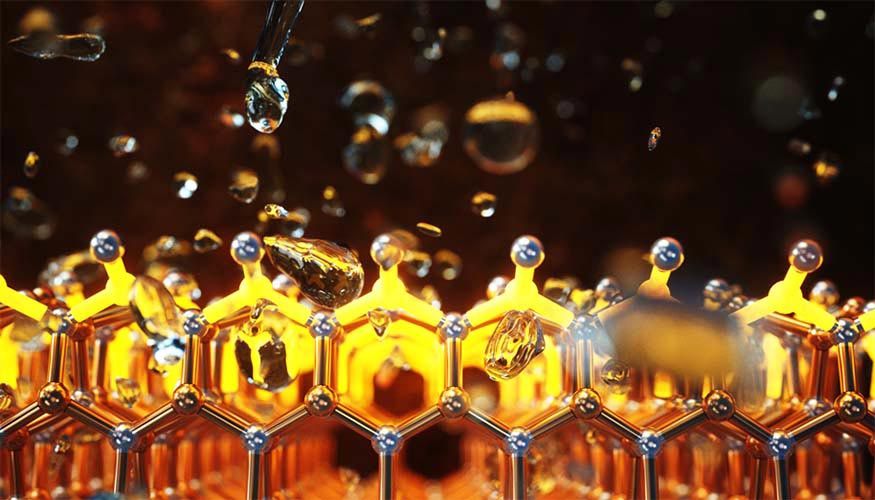Agreed, but ICE will lose some of its advantage as it has to clean up its act as it runs in those fringe applications where battery electric won't do. A lot of its output will be absorbed by the technology to make them zero emission.Can't see that been replaced by anything in next 20 or 30 years??? Any ideas? Perhaps hydrogen fuel cells or Hyrdogen ICE? But suspect alternative will take some finding. And will it be worthwhile environmentally, still profitable and desirable...
Our old ICE technology takes some beating.
And structural change shouldn't be discounted. We once used rail much more for goods and passengers and will return to that over time. Many other countries already are doing and even the trans Siberian railway has been fully electrified from Europe to the Far East. I'm sure the madness of thousands of long distance trucks travelling from the Near East into and across Europe or even the length of our own country will disappear once we realise how stupid that is.
As for hydrogen, the biggest fallacy about it is to think of it as a fuel source. It needs to be created first. The principal drawback is the that it takes thrice the energy to produce hydrogen by electrolysis, the cleanest method, than the hydrogen will embody.
A case of sustainable hydrogen generation is found on the windy Orkney Islands, which have many wind turbines. Despite the popularity of electric vehicles on the island, there is nearly always excess electricity. They can’t send much of it to the mainland because of inadequate interconnector capacity. So they generate hydrogen which is used to power the ferry to the mainland. Unfortunately, to date excess wind power only produces a limited amount of hydrogen worldwide.
- The main aspect holding back widespread hydrogen fuel cell adoption is the cost of generating hydrogen and developing the hydrogen distribution network.
- A report by the German Association for Electrical, Electronic & Information Technologies (VDE) electrical standards and research group was undertaken to compare the cost-effectiveness of battery electric multiple units (BEMU) and hydrogen electric multiple units (HEMU). The study determined that BEMUs are currently 35% cheaper to acquire and operate than hydrogen fuel cell equivalent trains (hydrail).
.








